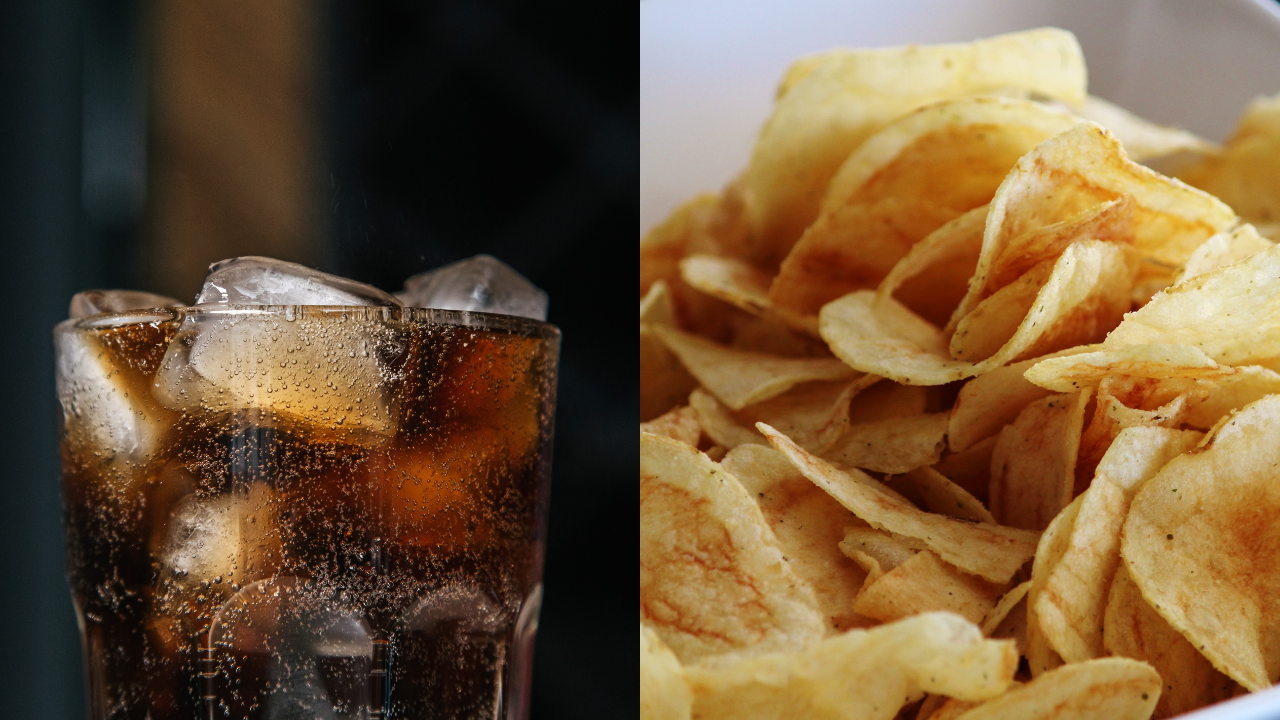The Department of Health (DOH) reportedly emphasized that the Sin Tax Law is part of the department’s strategies for regulating the “sustained increase” of lifestyle-related risk factors. The said law increased taxes on alcoholic drinks, traditional tobacco, and heated tobacco products. Now, DOH also wants to put additional excises on sweetened beverages and junk food.
DOH officer-in-charge Maria Rosario Vergeire said at a recent press conference, “The risk factors in the country are high—there is smoking, alcohol intake—and so now, we will [urge that] sweetened beverages and junk food be added.”
According to her, these risk factors would lead to obesity, and then non-communicable diseases. Some examples are heart disease, hypertension, diabetes, and cancer, which are known to be among the leading causes of death in the country. It was also said that the number of obese individuals in the country remained on an uptrend. From 31 percent of the population in 2015, it has climbed up to 37 percent in 2018.
Vergeire noted, “This is already a public health concern because we know that they are at high risk to develop these diseases.” The health officer also mentioned that Republic Act No. 10351 or the Sin Tax Reform Act of 2012 was able to decrease the prevalence of smoking among Filipinos. From 31 percent of the population in 2008, it has gone down to 20 percent in 2019.
Apparently, 59 percent of the total DOH budget for this year (about P155 billion) came from sin tax collection, according to Vergeire. As for how much it will procure from the proposed additional excises, it is still being studied by the agency.
Vergeire pointed out, “This is what we want to see as well in the coming years, that these sin taxes would fund the different interventions that we do to provide universal healthcare for everybody.”
So, what do you think? Should we increase taxes on sweetened beverages and junk food?





